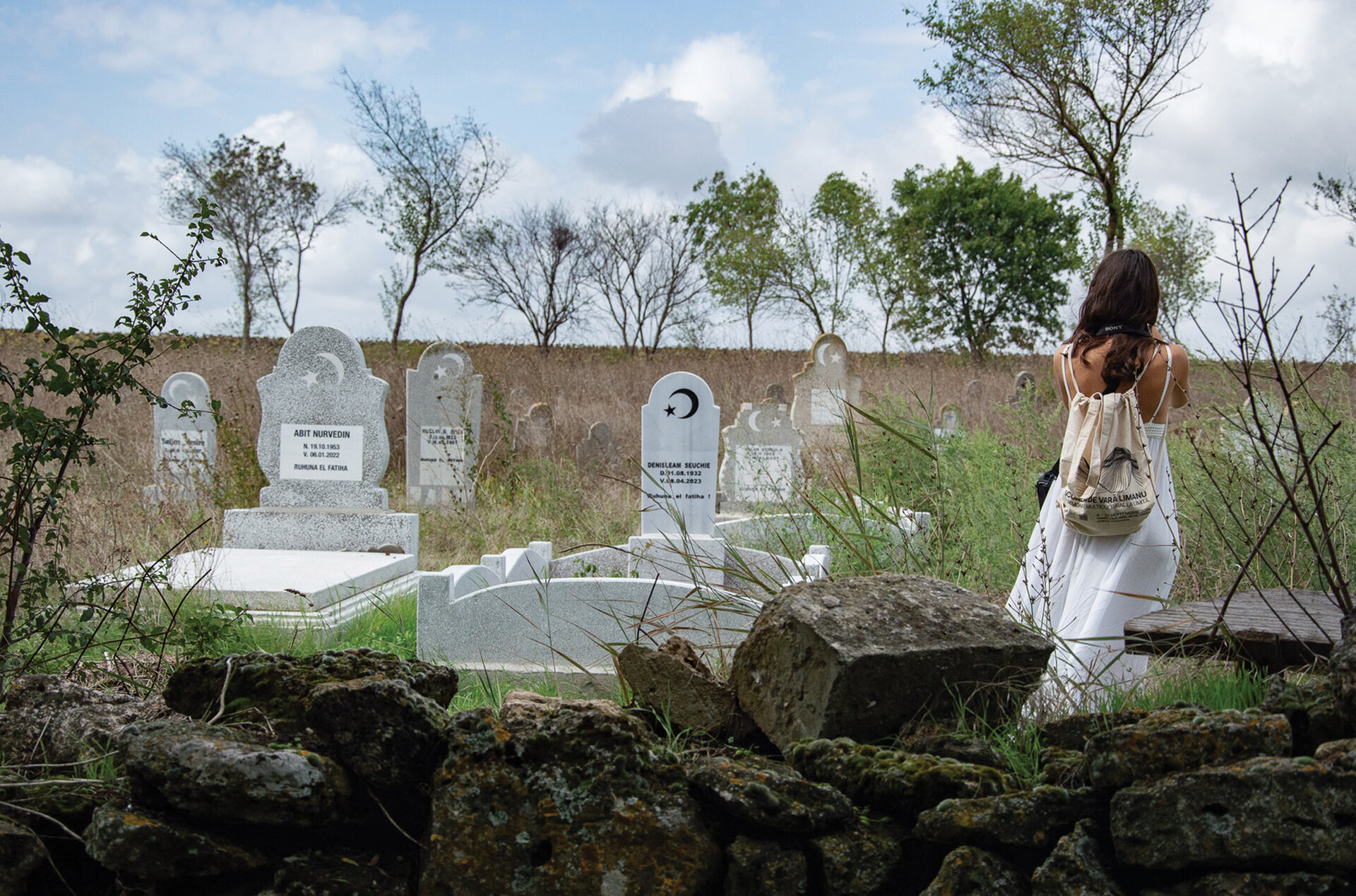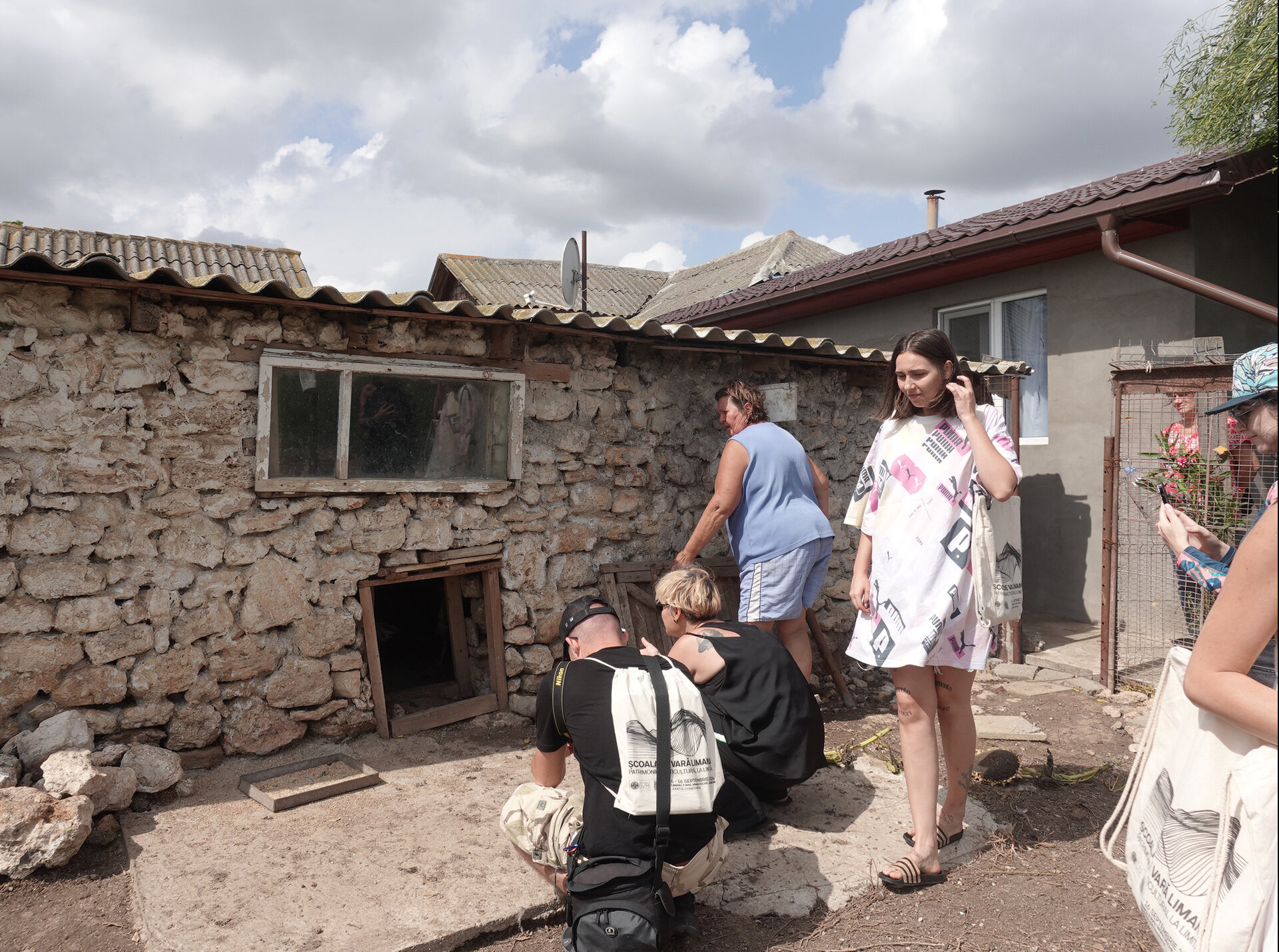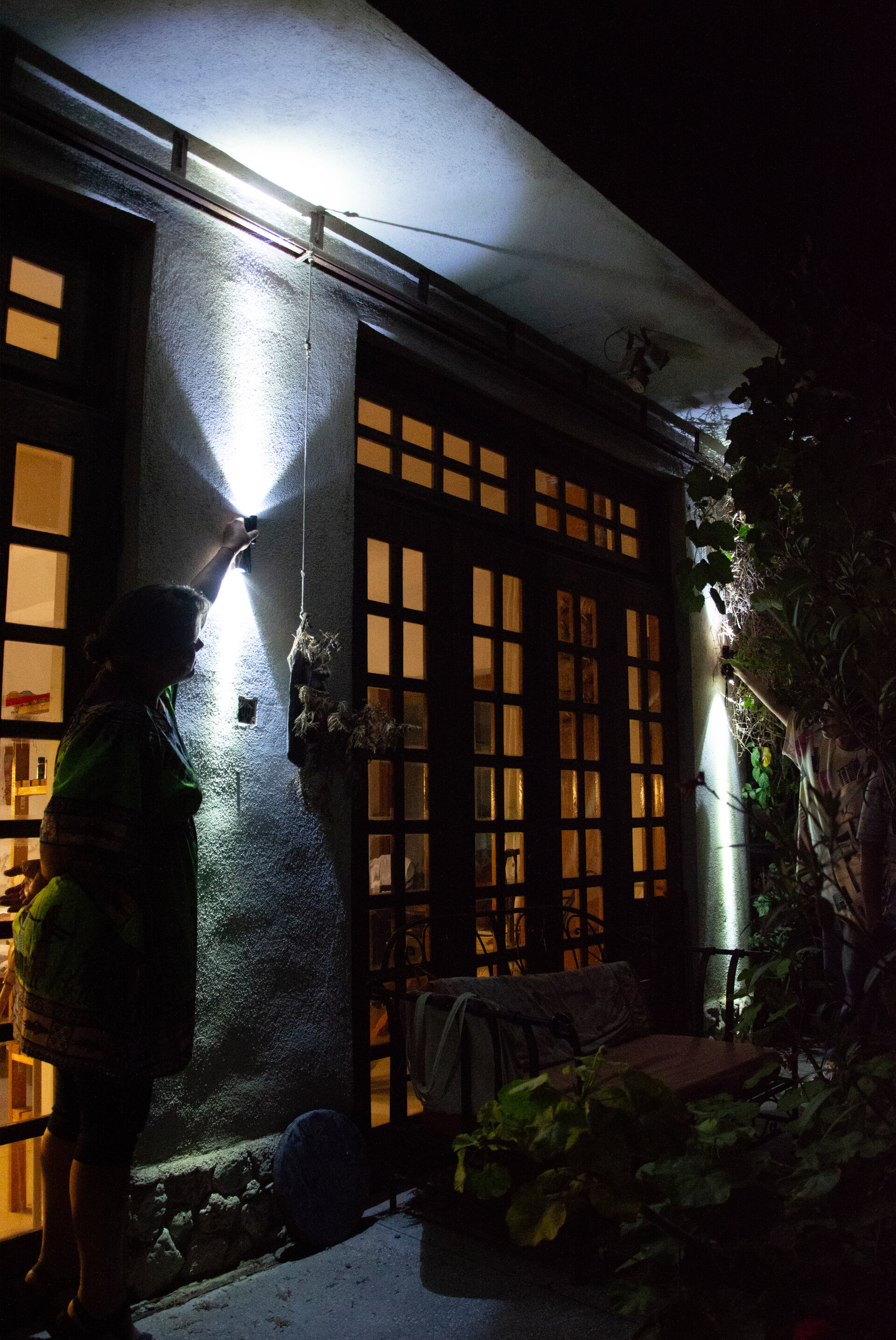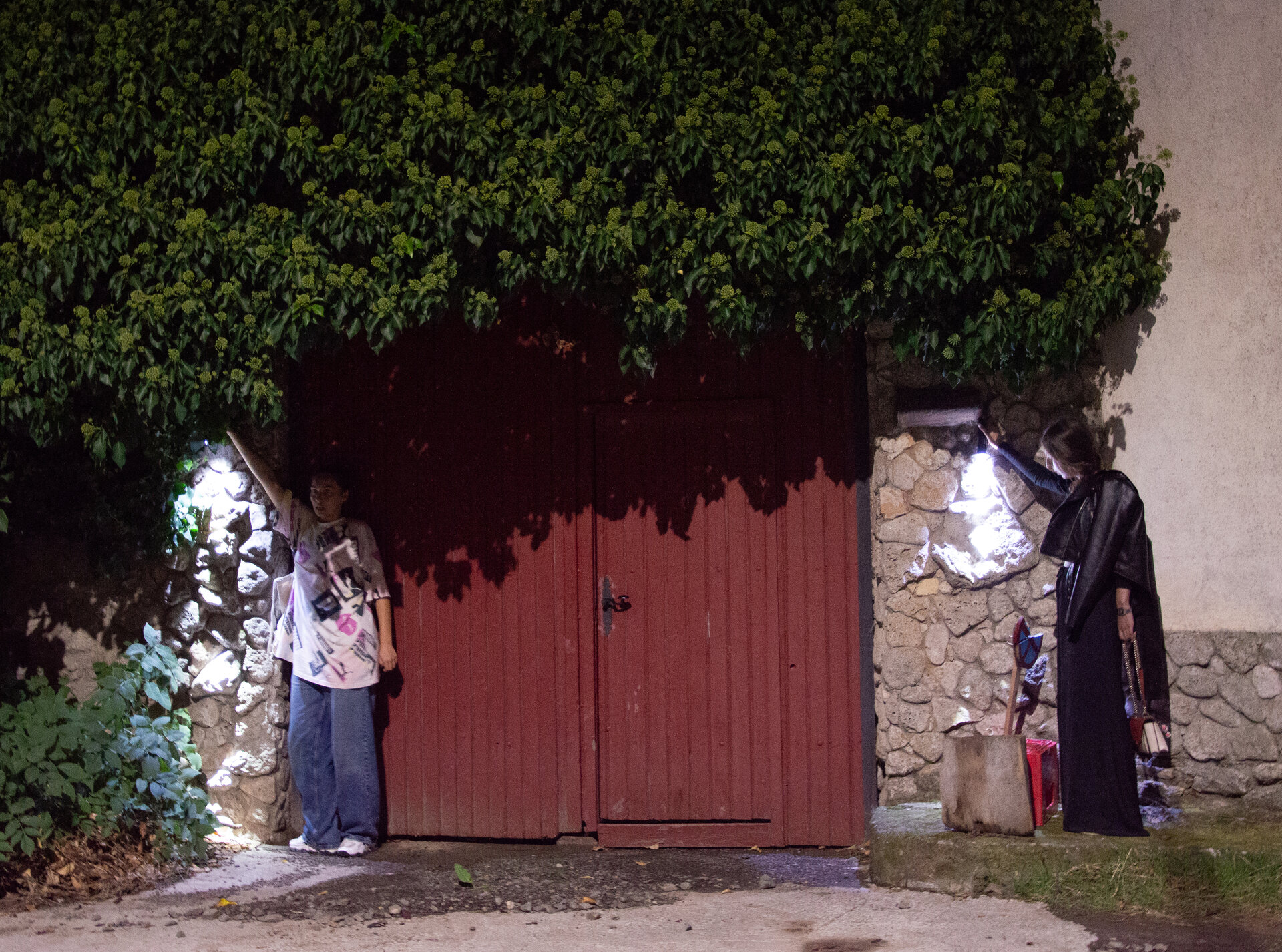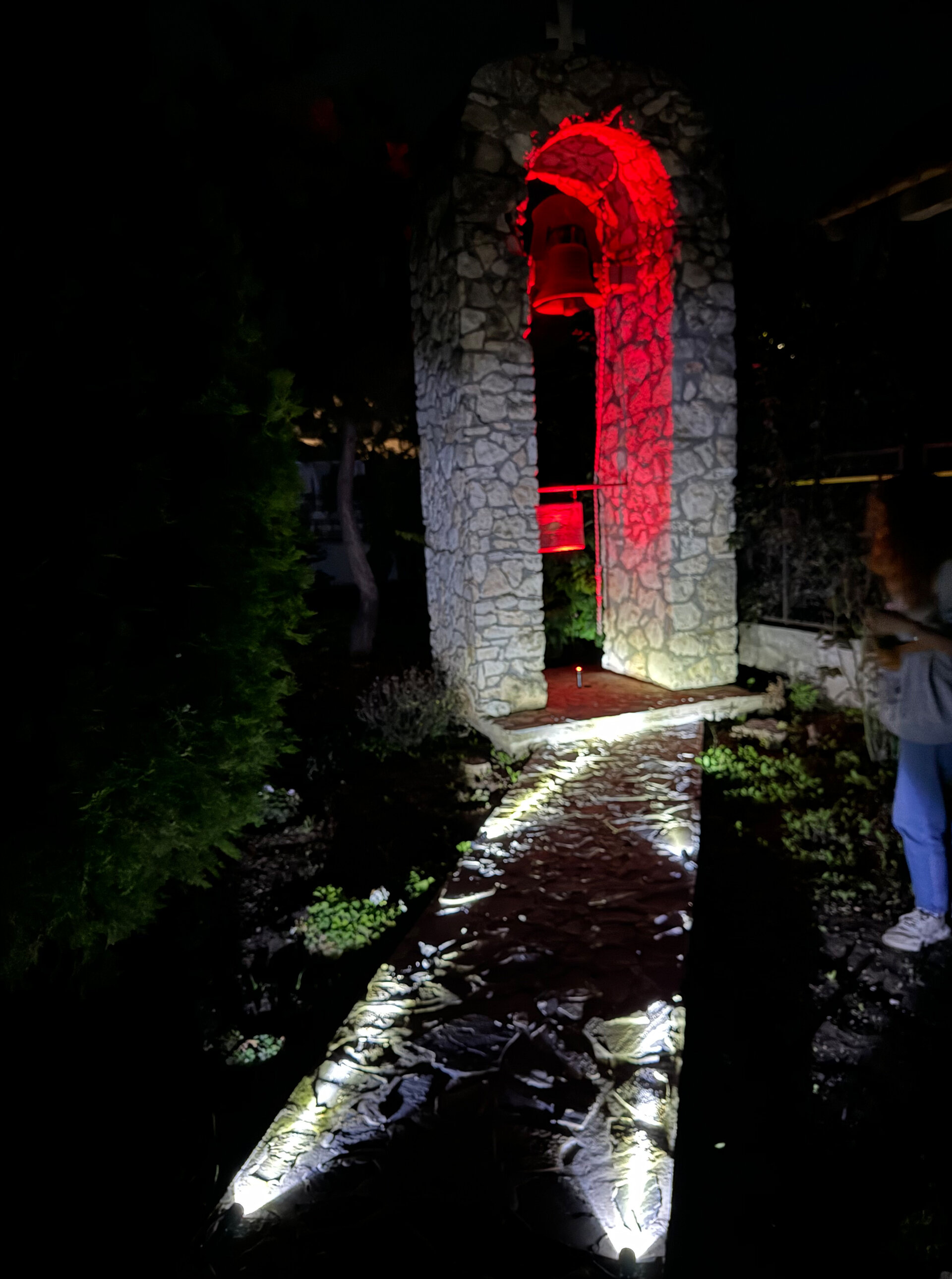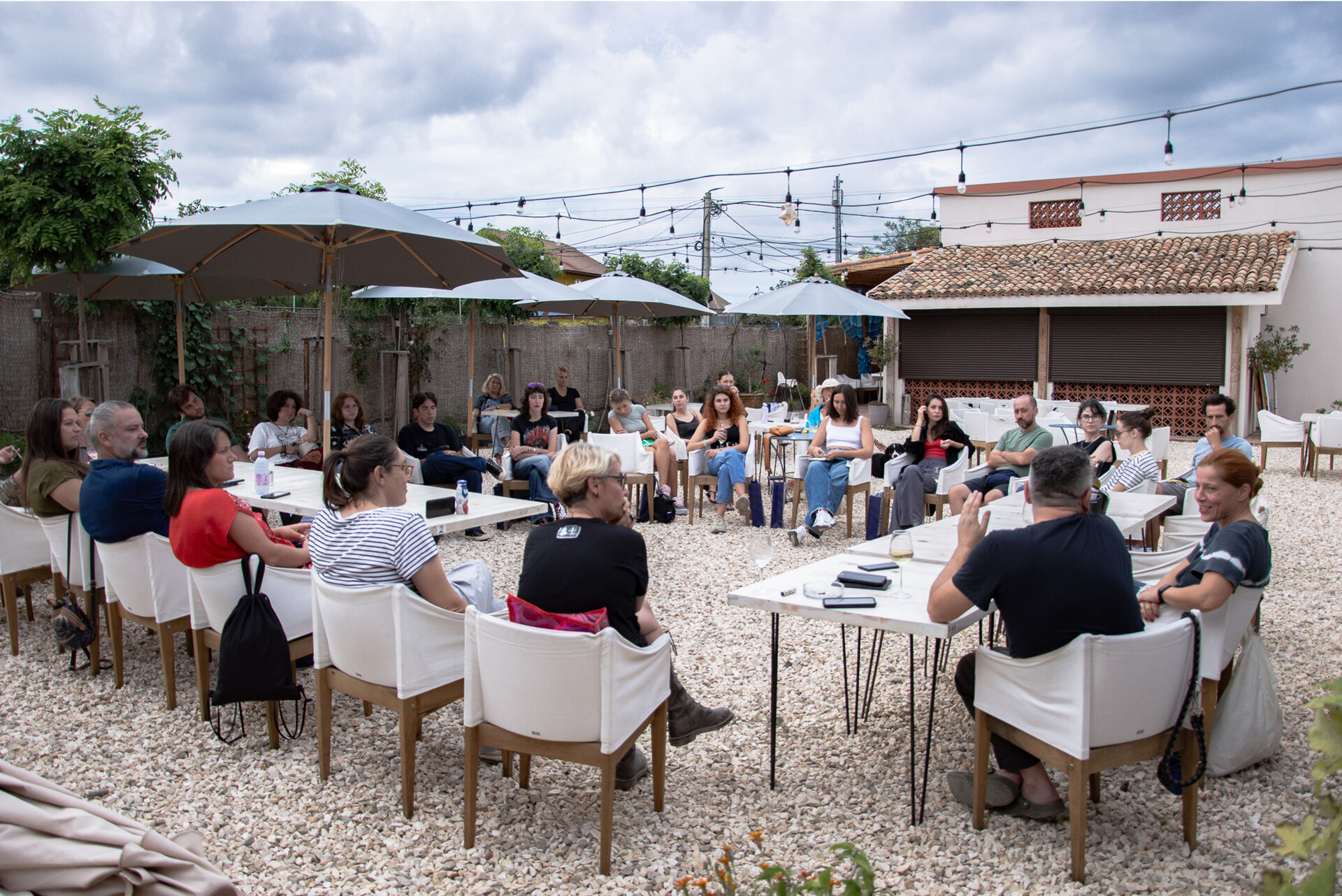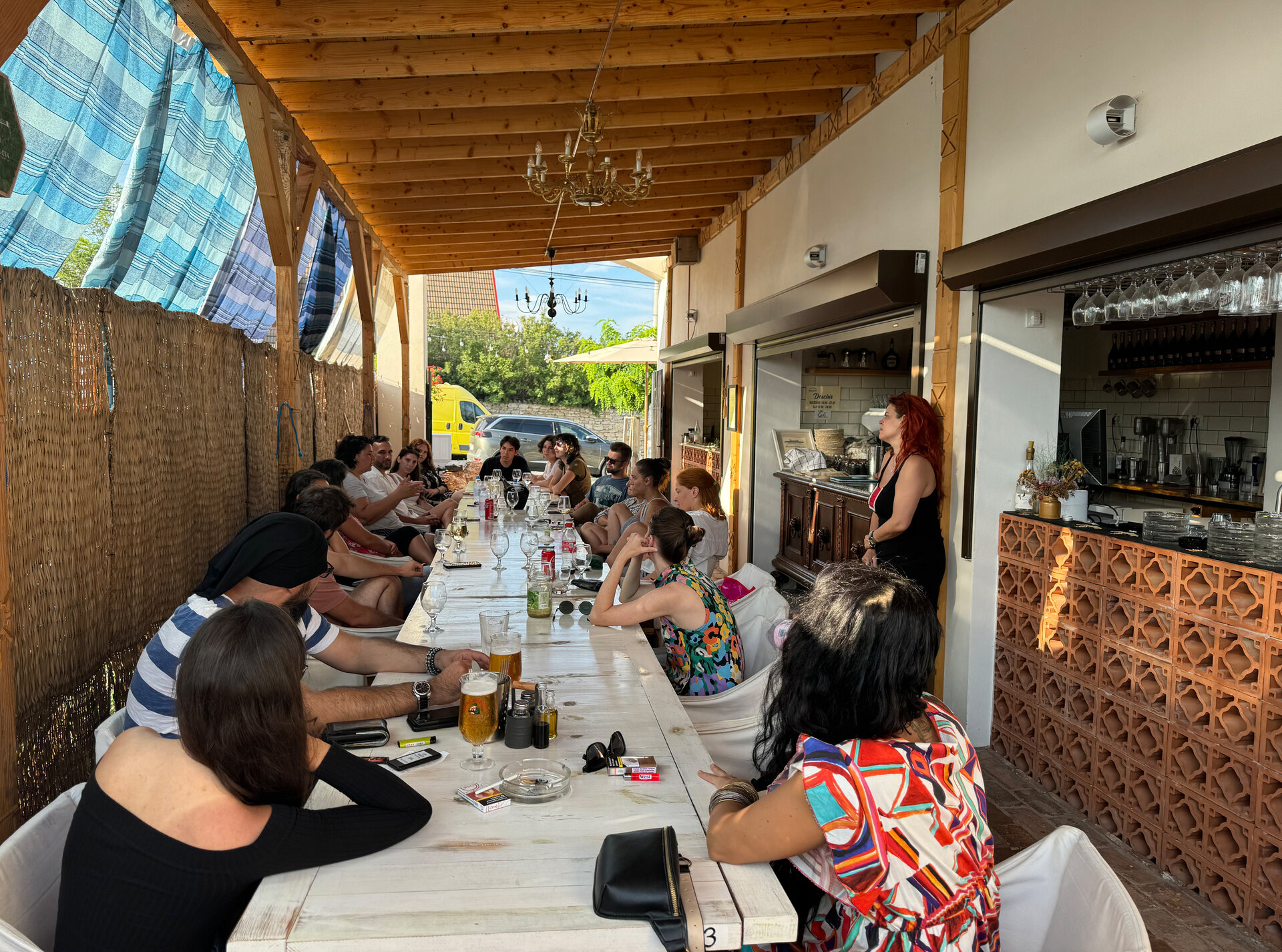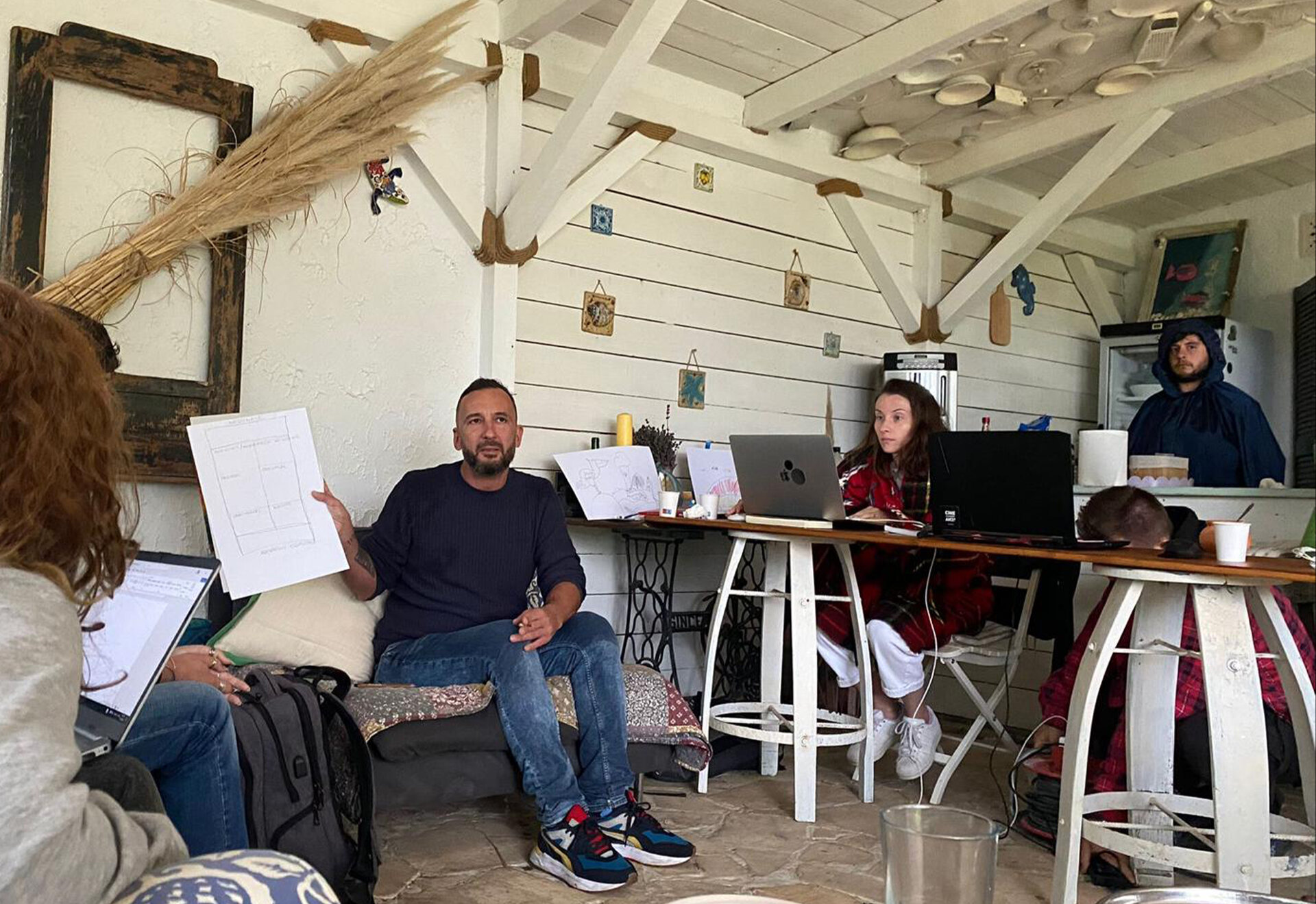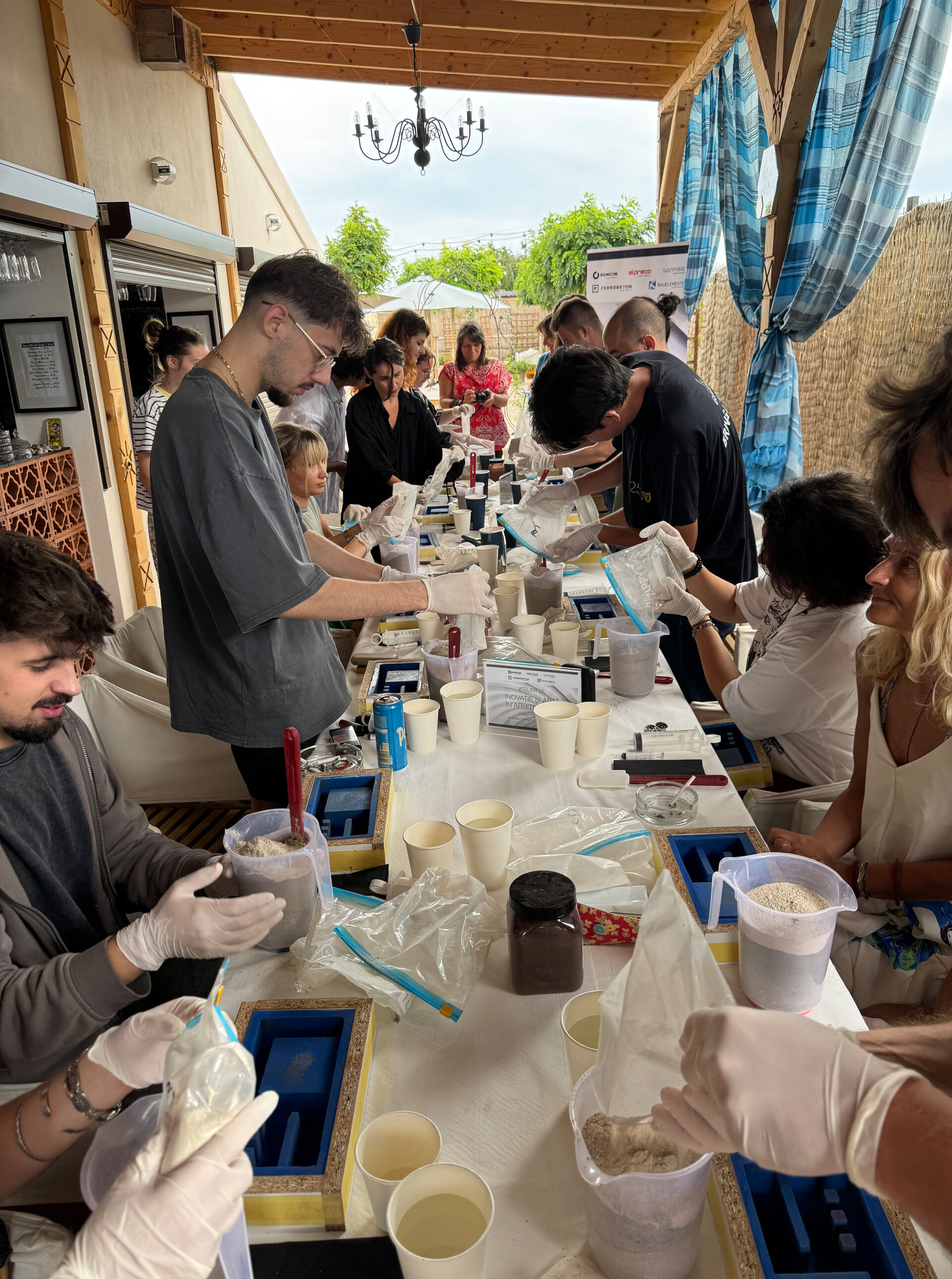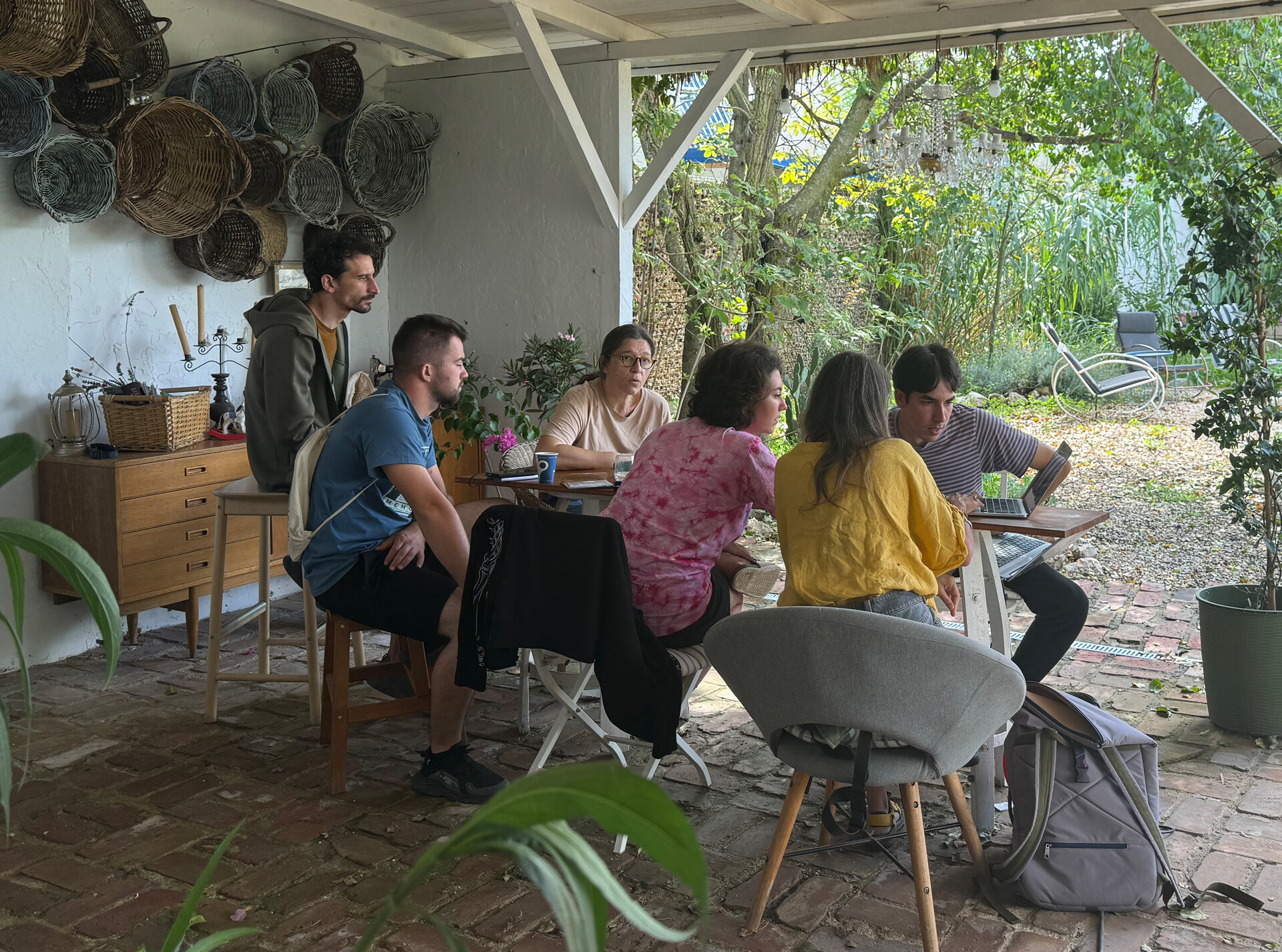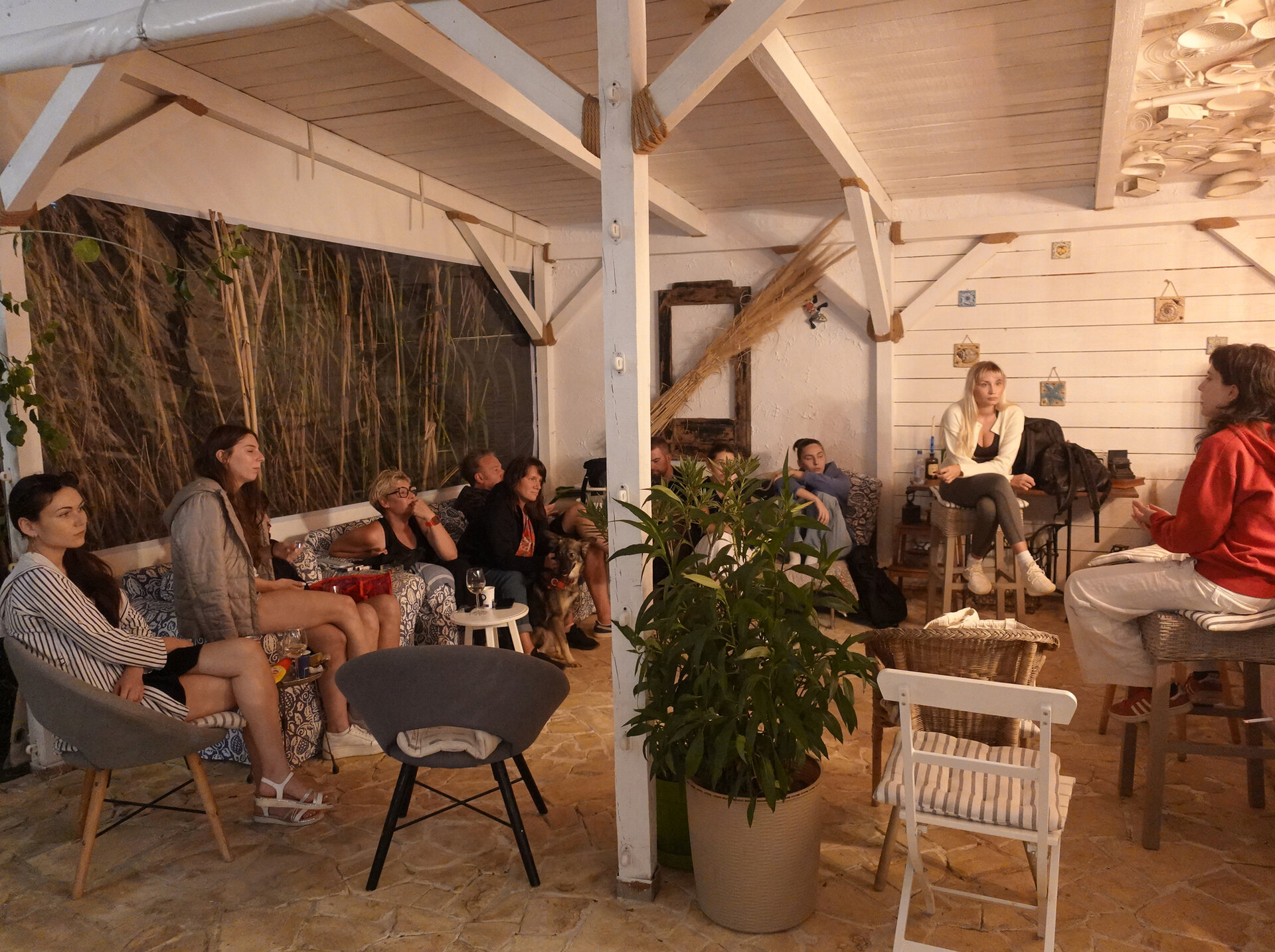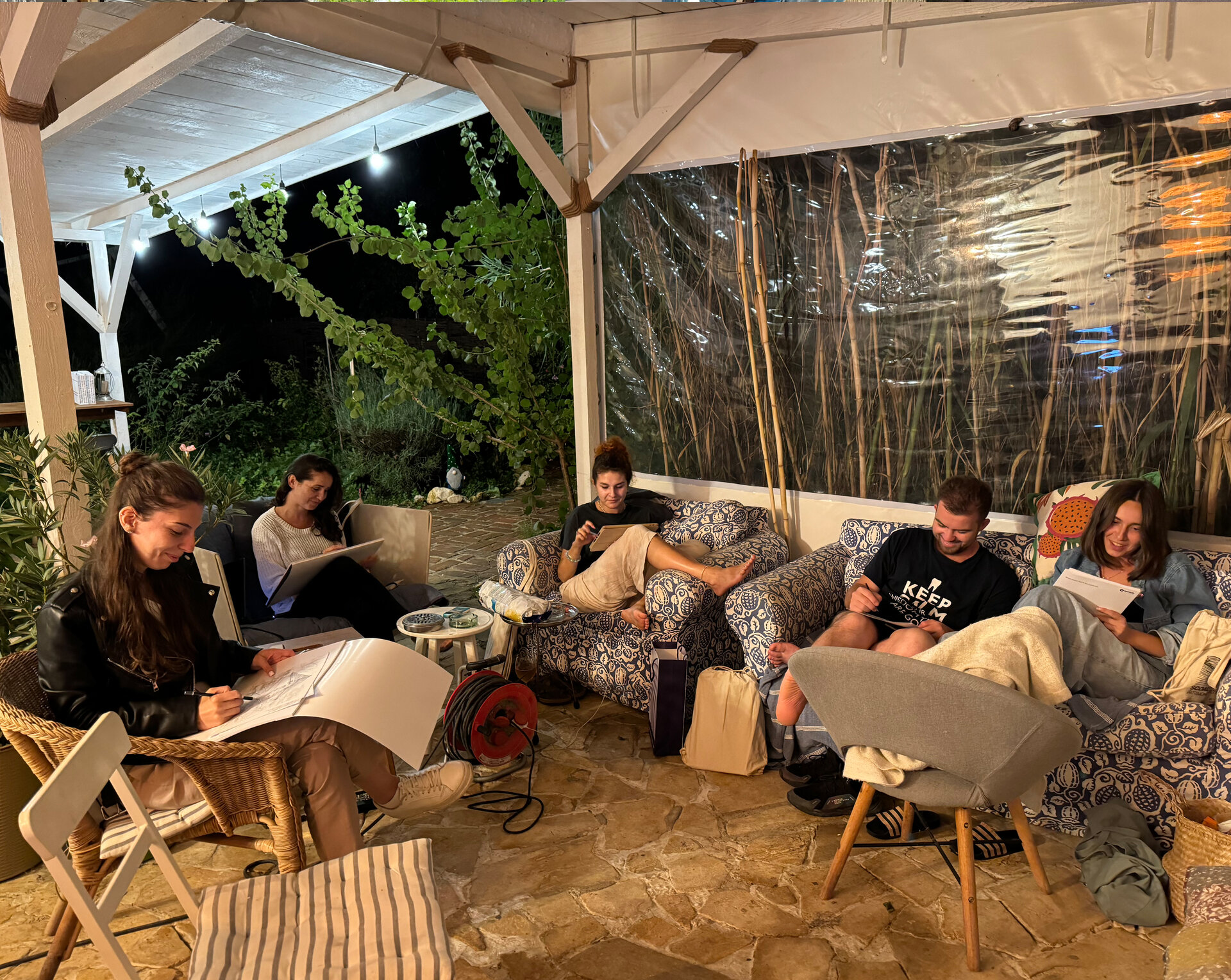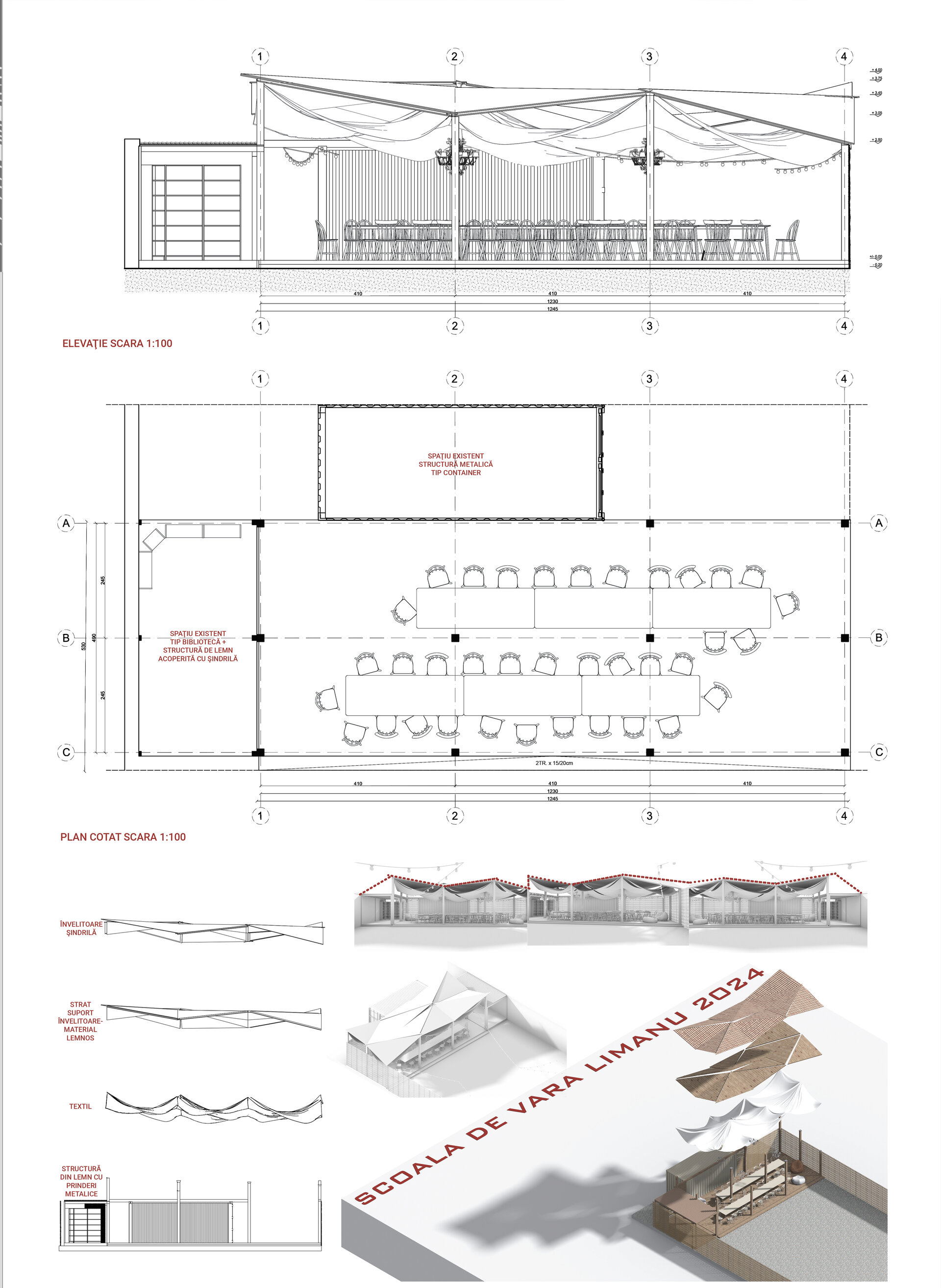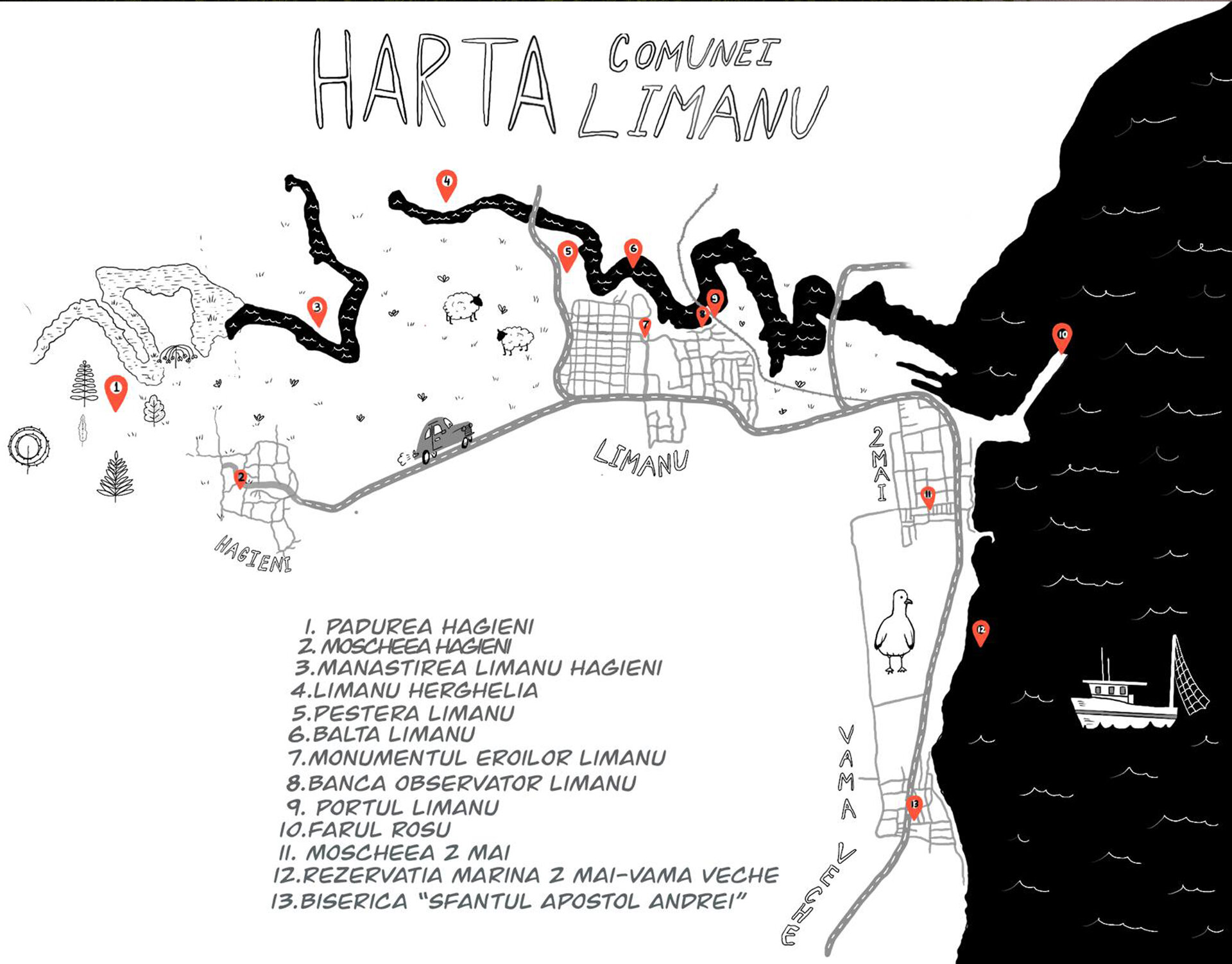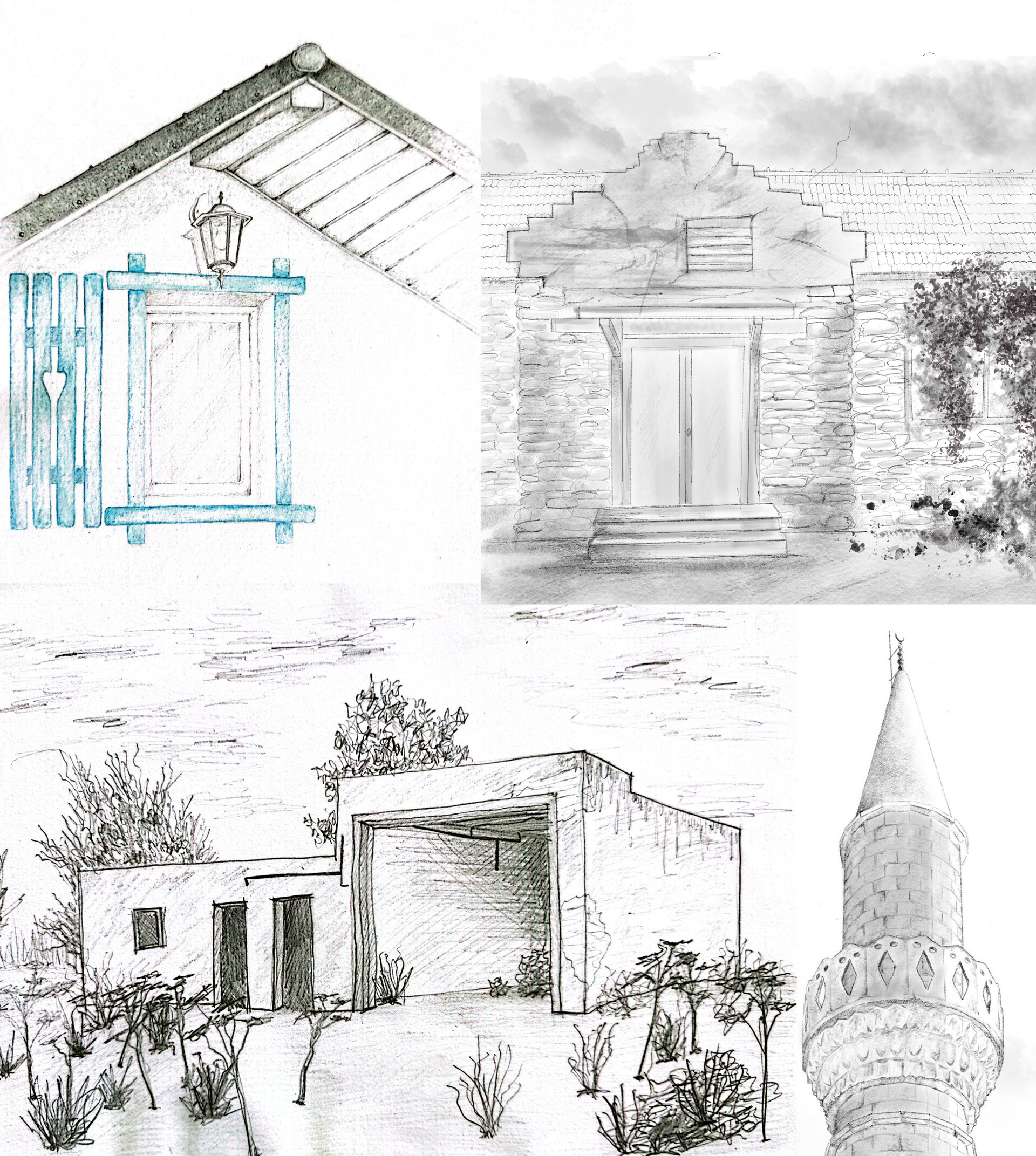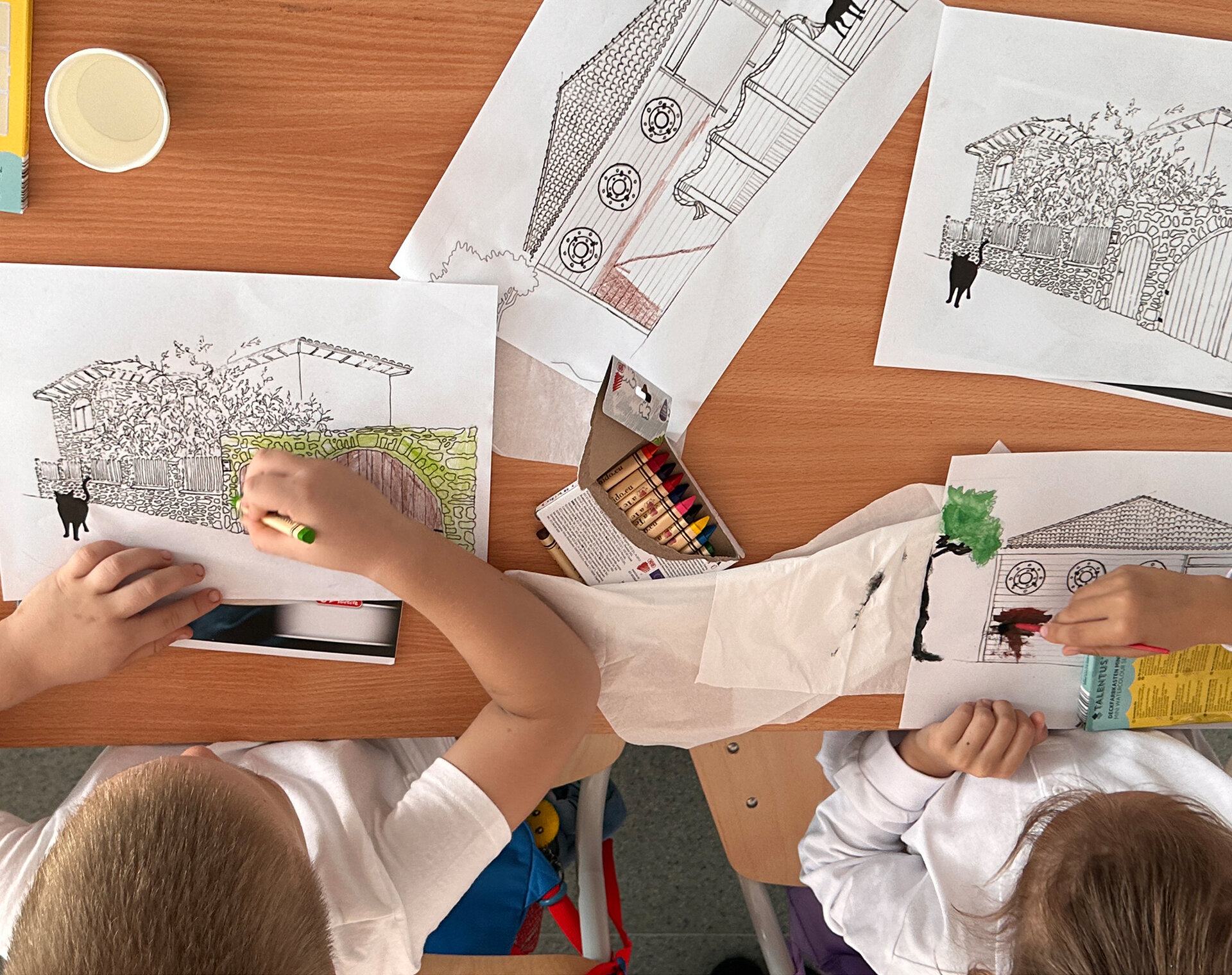
- Nomination for the “Research through Architecture / Architecture and Experiments” section
Limanu Summer School 2024 - Multicultural Heritage on the Edge
Authors’ Comment
Limanu Summer School 2024 - Multicultural Heritage on the Edge aimed at investigating, preserving and promoting the cultural and natural heritage of Limanu commune. The educational and artistic activities carried out have increased the level of awareness of the local community and the public on the historical and traditional values of this multicultural region. The Summer School provided an ideal context for exploring how heritage can influence future directions of urban and architectural development, contributing to the consolidation of a coherent local identity.
The commune of Limanu, made up of the villages of Limanu, Vama Veche, 2 Mai and Hagieni, is a unique cultural mosaic, where Romanians, Lipovans, Tatars and Turks coexist. Eclecticism is reflected both in the traditions of the community and in the local architecture, adapted to the environment and available resources. Faced with the loss of valuable elements of the material heritage, the project offered architects and students the opportunity to explore solutions through which modern development can coexist with tradition and local specificity.
The main goal was to raise awareness and involve the community in the preservation of the tangible cultural heritage. The objectives achieved include:
• Drawing up a map of material and natural heritage objectives, which will serve as a basis for future interventions.
• Organizing workshops and lectures for students and locals, focused on traditional architecture, local cultural specificity and sustainability.
• Starting a Good Practice Guide, meant to guide future interventions in the built environment of Limanu, in order to preserve authenticity.
The Summer School involved architecture and sociology students, who, together with specialists, carried out a research of the Limanu commune, generating heritage archiving documents. Practical workshops, colloquia and exhibitions facilitated the exchange of ideas between specialists, locals and young people, stimulating active involvement in conservation. A community library project was also proposed, to create an open space for cultural and educational meetings.
For architects and sociologists, the project is a model of good practices that combines cultural research, sustainable design and community involvement, its results becoming a valuable resource for future interventions, ensuring a unitary and respectful approach to the local context. Documenting heritage and integrating it into tourist routes supports the promotion of responsible tourism and the development of a strong local awareness.
The project was addressed to students and specialists in architecture, urbanism, heritage and sociology, the local community and public administration, but tourists also benefited from a better understanding of the authentic values of Limanu commune. The activities organized helped to strengthen the bond between generations, stimulating a sense of belonging.
" Limanu Summer School 2024 - Multicultural Heritage on the Edge" was an essential initiative for the preservation and valorization of the cultural heritage of Limanu commune, a platform for research and experimentation for architects and sociologists. The project demonstrated that through interdisciplinary collaboration and community involvement, important steps can be taken in protecting cultural identity.
- The Yellow Line
- #OPENGIARDINI
- Optical Frames
- Limanu Summer School 2024 - Multicultural Heritage on the Edge
- Voice Your Place 2.0
- WOODJOIN Wood connecting - how it’s designed, how it’s made and how it works
- Reflected spaces
- Signs of Life
- Voices of the past. Muntari - the village lost in the mountains
- School of Planetary Gardeners TERRRA Brezoi
